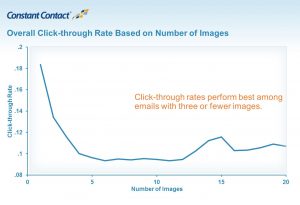
The URL or Uniform Resource Locator is better known as the web address – every page on the web has one and that’s about as much attention as they normally get.
However, there is more to URLs than meets the eye. They influence user behaviour as well as holding one of the keys to effective Search Engine Optimisation (SEO). If you own a website or work on one, here are five things which you should know about URLs:
Search Engine Optimisation: The world of SEO is packed with speculation, but it is widely recognised that the URL plays an important role in SEO rankings. As a general rule, the closer that the keyword is to the protocol (see below), the better that URL will perform. Of course, if the keyword is in the domain name, great.

Users: The most important person on the web is the person who you are trying to attract to your website. Simple URLs are the ones which are easy to read for the user – if they look at the URL and they guess what they are going to see, you are doing this bit right. Remember, the URL will show in organic search results so you can influence click through rate by making it simple (and yes, that normally means short-ish too, see below).
Track Results: One of the great things about digital marketing is how measurable everything is. You can tag a URL so that it can feed information into your Google Analytics explain which campaign has delivered the click, really useful when evaluating your activity. Just head over to Google’s URL builder page to find out more: https://support.google.com/analytics/answer/1033867?hl=en (not a very pretty URL s it?!)
Short is Best? If you start adding parameters to a URL, it can become very long. So a lot of marketers will choose to shorten the URL because shorter is better right? That’s not necessarily true. Short URLs (e.g. http://bit.ly/IqT6zt) don’t give anything away: they could be a link to malware (don’t worry, this one isn’t) or something else that you weren’t expecting, so they are sometimes a bit of a risk to the user. Customise shortened URLs do build up some trust though, e.g. http://bit.ly/whatisinaurl
Don’t Overdo It: Like all principles of SEO, taking URL optimisation too far can do as much damage as not taking it far enough. If you have the keyword in your meta title, meta description and in your URL a couple of times, it all gets a bit much. So try to limit keyword mentions in your URL to one unless you can do it and it doesn’t feel forced.
Digital & Social Articles on Business 2 Community(72)
Report Post







